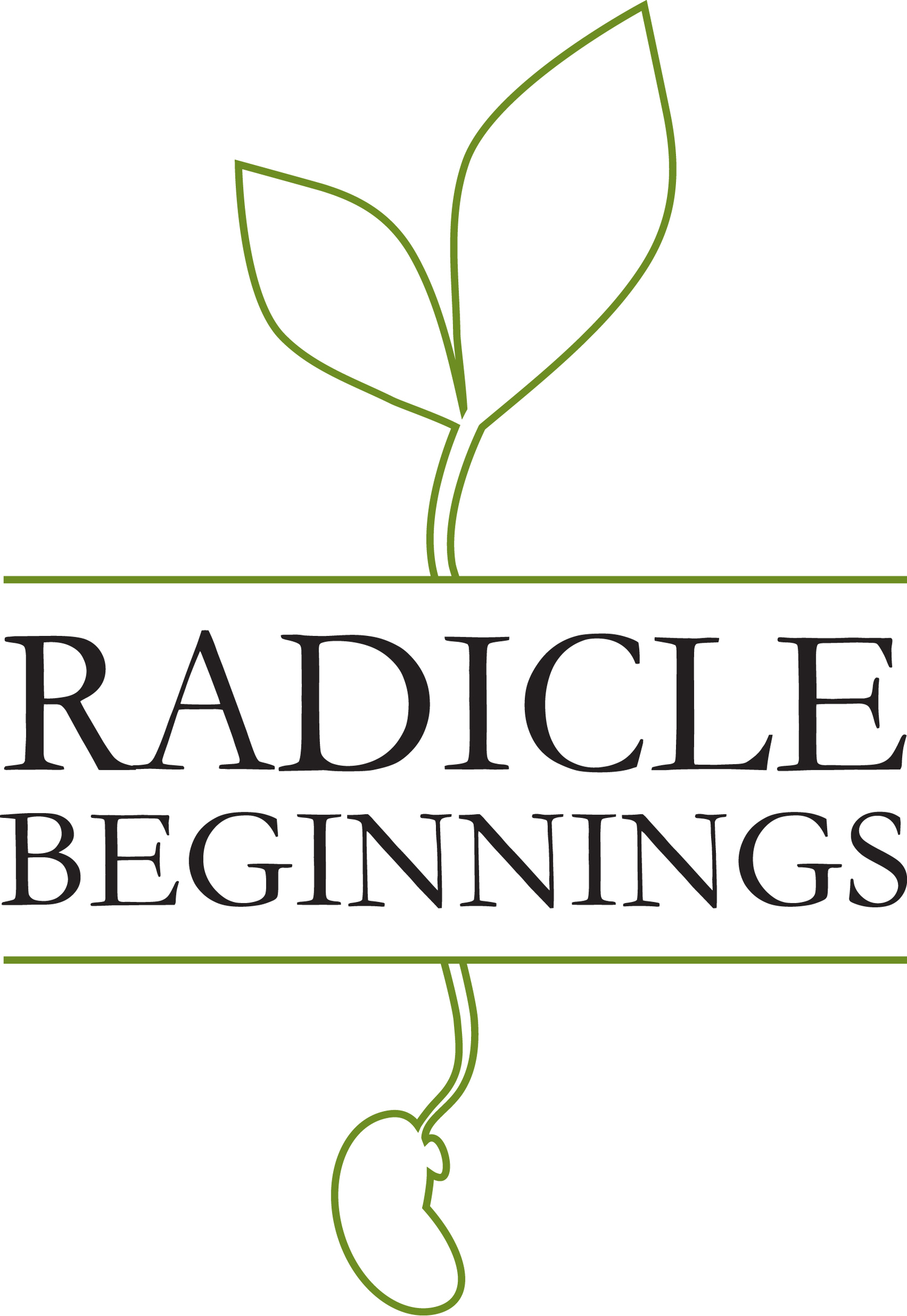A desire I often hear from parents and caregivers:
I want for my child’s life to be easier than my own.
I get it. As adults we know that life is hard. Naturally, we want to shield the child from experiencing some of the same hardships we may (or may not) have experienced.
The questions we must ask ourselves:
What do we consider an "easier" life?
Is life easier if we shield the child from all stress, frustration, difficulties and boundaries?
For the young child (under 3yo) it can be especially difficult for us to imagine them enduring hardships. They are so sweet, cute, small, innocent, dependent and unaware of the difficulties of life.
Or are they?
In the first three years of life the child has surely struggled:
to adapt to their environment.
(especially after that warm hot tub-like floating magical experience in the womb)
to learn to communicate.
to explore and learn how to move and control their body, with all the mishaps, bumps & bruises and obstacles that happen along the way.
to accept and trust adults.
to begin to learn how to be in community and share space with others.
to have their needs met, as the young child is often grossly misunderstood.
When we look at the young child from that angle we see how capable they are, how much they have already struggled and succeeded at meeting so many of life's demands.
Shielding the child from any hardships in the pursuit of an easier life is a form of protection mindset that will make life much more difficult for them in the long run (and those around them).
To struggle is to live. To live is to struggle.
Lucky for us, during this short window of development the young child is quite competent and quick to adapt and accept (often joyfully) so long as we are there to support them along the way. Because, no matter what we do, life is and will be hard (at times) for them. Life is hard (in varying degrees) for everyone.
In fact, the struggle is essential in learning how to navigate our time here on this planet.
This is our work - to find balance between collaboration & independence, observation & intervention, stepping in or waiting a watching.
I will.
We will.
I can.
We can.
I did it.
We did it.
I am confident.
I am trusting.
I am supported.
not, you - the adult - did it all for the child to make the situation less uncomfortable
This can be small(er), like giving them the time to learn how to accomplish a task independently without intervening immediately.
This can be big(ger), like letting them freely release feelings in a safe space when an appropriate, fair and just limit is set.
We step back and let the child figure out whatever it is they are trying to do - on their own - without intervention or judgement. We observe, and wait for the child's invitation to help or join.
To be confident enough to do and trusting enough to ask for help is one of the greatest gifts we can give the young child.
Let the child struggle.
Let the child learn to work through hardships.
Let the child know you are rooting for them.
And make sure the child knows they are loved
NO MATTER WHAT.
From Maria's own handbook, she reminds us to:
"...wait, and be always ready to share in both the joys and the difficulties which the child experiences.”
We must commit to sharing in both.
“Loving a child does not mean giving into all their whims. To love them is to bring out the best in them, to teach them to love what is difficult.”
-Nadia Boulanger





